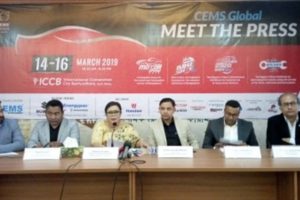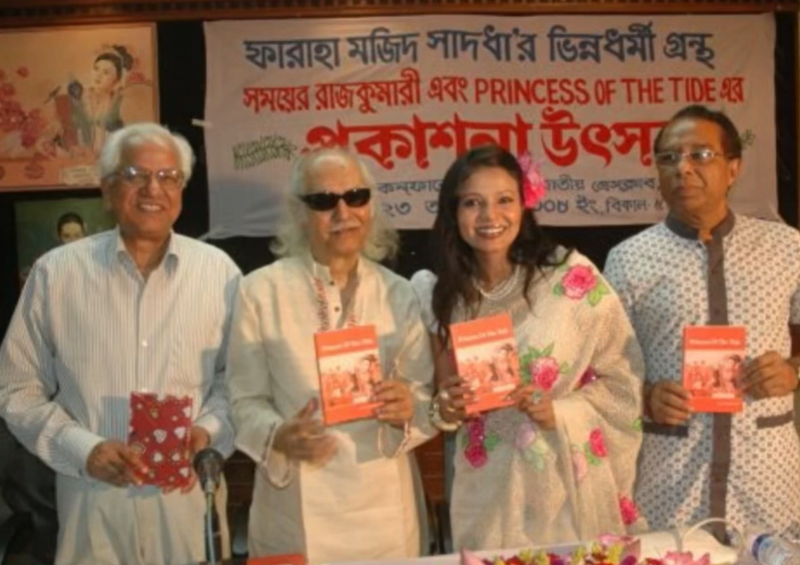Foreign firms should suspend all business in Myanmar to send a clear message to the military that its coup will hurt its people and ruin its economy, a former United Nations expert on the country said on Wednesday.
Chris Sidoti was part of a UN-led fact-finding mission which in 2019 urged foreign firms to cut business ties with Myanmar’s military over human rights abuses and pursue private sector investments there instead.
That position has hardened since a Feb 1 coup and an ensuing bloody crackdown on protesters, Sidoti said, because the military has retaken control of the country it ruled for almost half a century, making it now risky to do any business there.
“If businesses are responsible, they will put everything on hold at this point,” said Sidoti, who has formed an independent advisory group on Myanmar with some other former UN investigators.
“It will send a very clear message to the military that may, hopefully, cause them to rethink their actions. The country cannot revert to military dictatorship without enormous harm to the people of Myanmar,” he told Reuters.
The junta says it took control of the country because its complaints about fraud in a November election were ignored. It has promised new elections, but has given no timeframe.
Activists have increased pressure on foreign firms doing business in Myanmar that they say may channel funds to the military, including energy majors, international banks, industrial giants and consumer brands.
Japanese drinks maker Kirin said last month it was exiting a venture with a military-owned firm, while Australia’s Woodside Petroleum said it was reducing its presence in Myanmar amid concern over violence against protesters.
Sidoti stopped short of calling for governments to impose broad economic sanctions saying that would take time both to impose and to lift.
Asked about the impact suspending businesses could have on livelihoods in Myanmar, one of Asia’s least developed countries, Sidoti said:
“It is the generals and the coup that is undermining the wellbeing of people in Myanmar, not anything else. And anything that enables and encourages them to continue that stranglehold should be avoided at this point.”





















